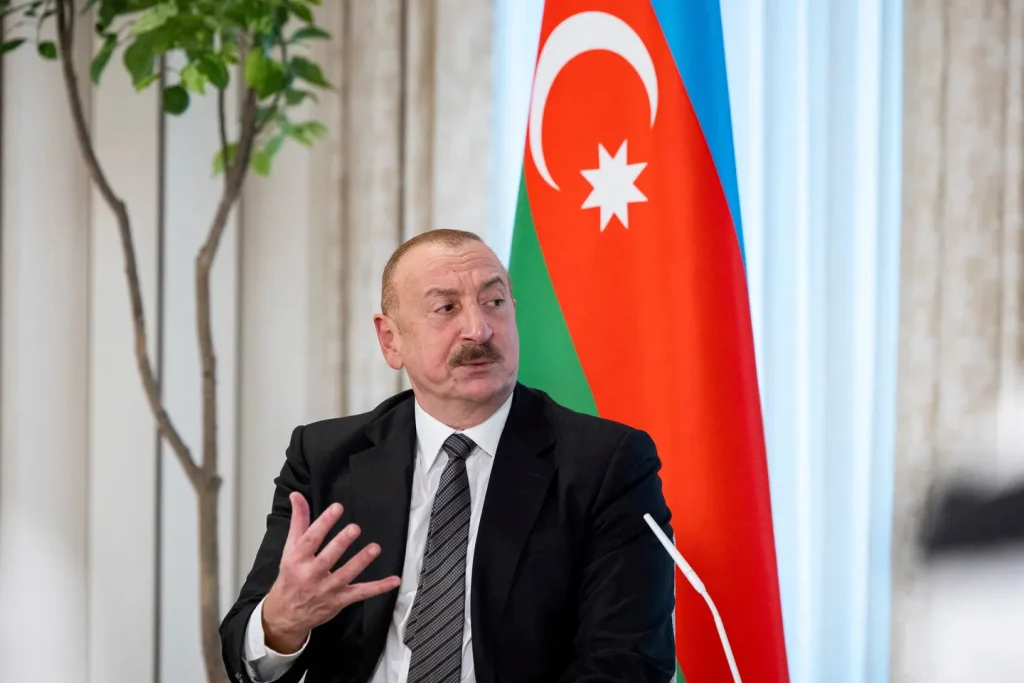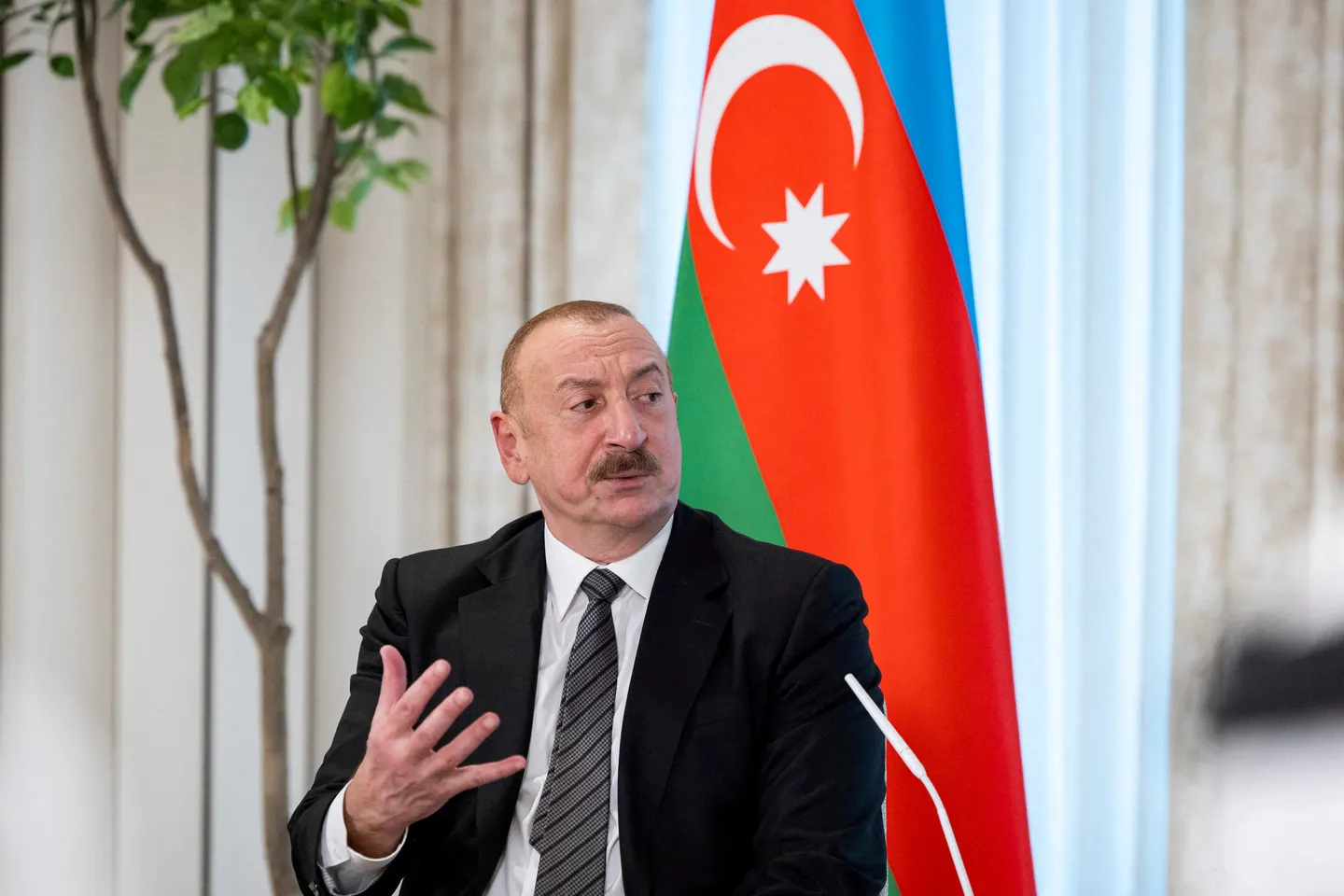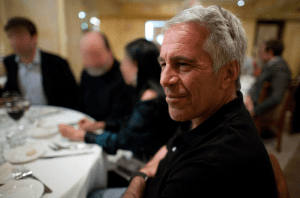India is reportedly pushing back against Azerbaijan at global forums over its ties with Pakistan. President Aliyev warns of rising tensions as energy and diplomacy collide.

Baku/New Delhi – Tensions between India and Azerbaijan are escalating on the global stage after Azerbaijani President Ilham Aliyev claimed that New Delhi is attempting to take “revenge” at international forums due to Baku’s close relationship with Pakistan. The statement sheds new light on the shifting dynamics of South Asian and Eurasian geopolitics, where energy interests, regional rivalries, and diplomatic alignments are increasingly intertwined.
A Deepening Rift Over Pakistan
India and Pakistan remain locked in a decades-long conflict over Kashmir, and Islamabad’s alliance with Azerbaijan has become a point of friction. Azerbaijan has consistently supported Pakistan’s stance on Kashmir at platforms such as the Organisation of Islamic Cooperation (OIC). In contrast, India has expressed frustration over Baku’s repeated positioning on the issue.
Aliyev accused New Delhi of pushing back diplomatically in organizations like the United Nations and other multilateral bodies, suggesting that India is leveraging its growing influence in Asia and beyond to counter Azerbaijan’s positions.
India’s Expanding Global Influence
In recent years, India has sharpened its foreign policy assertiveness. Its growing economy, enhanced partnerships with the United States, European Union, and Gulf countries, and a rising role in global supply chains have given it new leverage. According to diplomats, New Delhi is no longer hesitant to use that influence in forums where it previously maintained a low profile.
By highlighting Aliyev’s remarks, analysts argue that Azerbaijan is signaling concern about the cost of its close ties with Pakistan. India, which is now seen as a strategic partner in energy, defense, and technology sectors worldwide, is a difficult country to antagonize.
The Energy Factor
Azerbaijan, a key oil and gas supplier, has long courted relationships in both Europe and Asia. India, heavily reliant on energy imports, has been diversifying sources in the Middle East, Africa, and Central Asia. However, despite opportunities for cooperation in energy and infrastructure, relations between Baku and New Delhi have remained strained because of Pakistan’s strategic weight in Azerbaijan’s foreign policy.
Observers note that India could seek to limit Baku’s access to certain forums or block initiatives aligned with Azerbaijan if the current trajectory continues. This risk may complicate Azerbaijan’s efforts to remain a reliable energy partner to multiple regions.
Pakistan’s Role as a Bridge
For Azerbaijan, Pakistan has been more than an ally—it has served as a diplomatic bridge to the broader Muslim world. Islamabad supported Baku during the Nagorno-Karabakh conflict, both militarily and politically, while India refrained from taking sides. The two countries have since deepened ties through military cooperation, defense training, and trade agreements.
From India’s perspective, Pakistan’s role in bolstering Azerbaijan is seen as a direct challenge to New Delhi’s strategic interests. This has amplified calls within India’s diplomatic corps to counterbalance Baku through its own international alliances.
What Lies Ahead
With global forums becoming arenas for soft power and political influence, the India-Azerbaijan standoff highlights the ways regional disputes ripple onto the world stage. If Aliyev’s claims are accurate, India may continue to challenge Azerbaijan diplomatically, using its G20 presidency legacy, UN partnerships, and BRICS expansion role to press its advantage.
Still, opportunities for dialogue remain. Analysts suggest that economic pragmatism, particularly around energy cooperation and infrastructure investment, could encourage a reset in relations. Yet as long as Azerbaijan remains firmly aligned with Pakistan, friction with India is likely to persist.















Comments are closed.